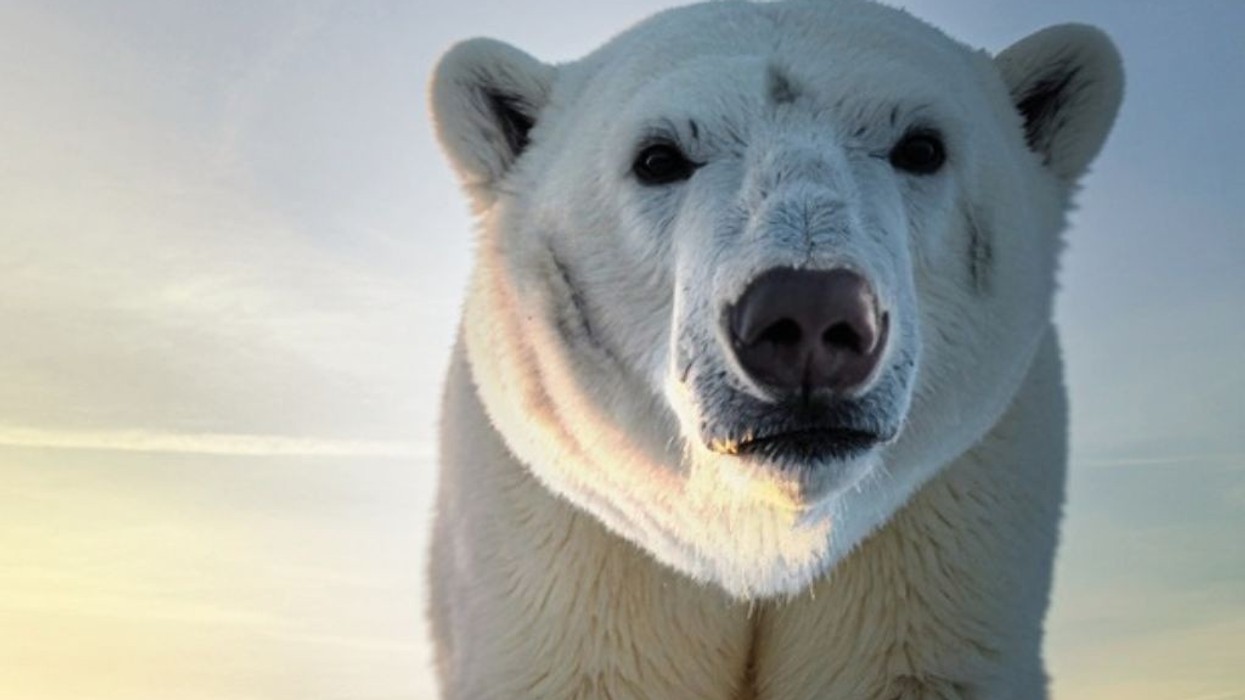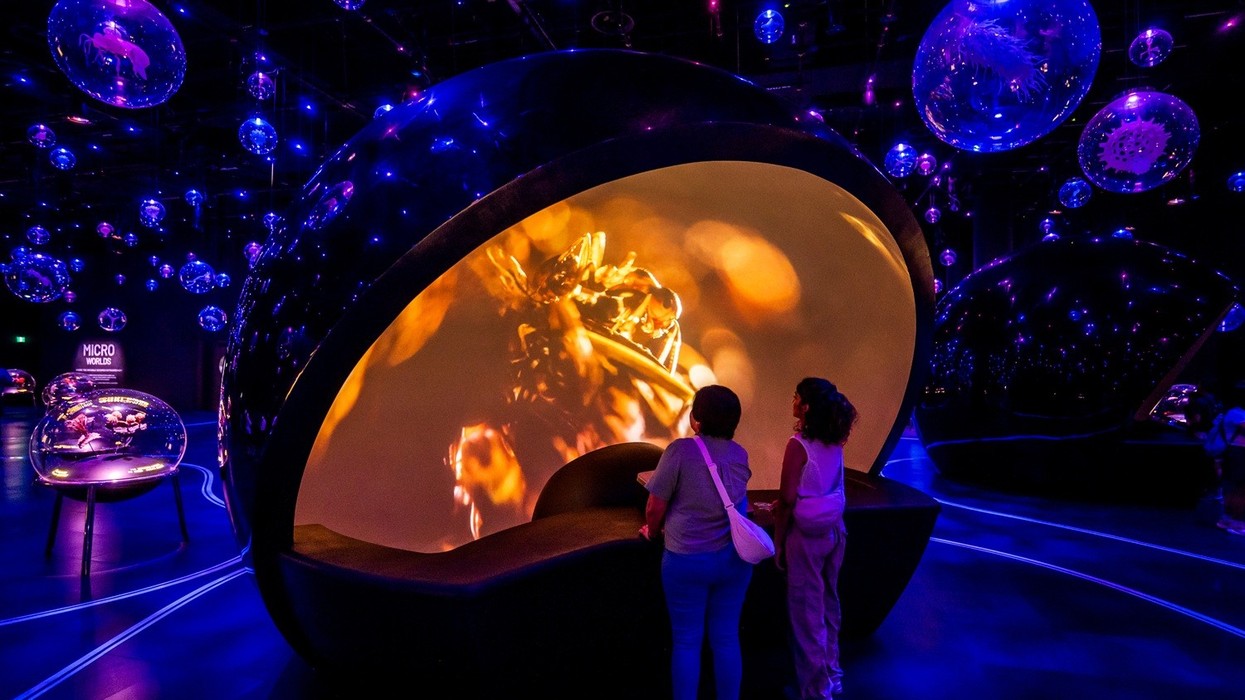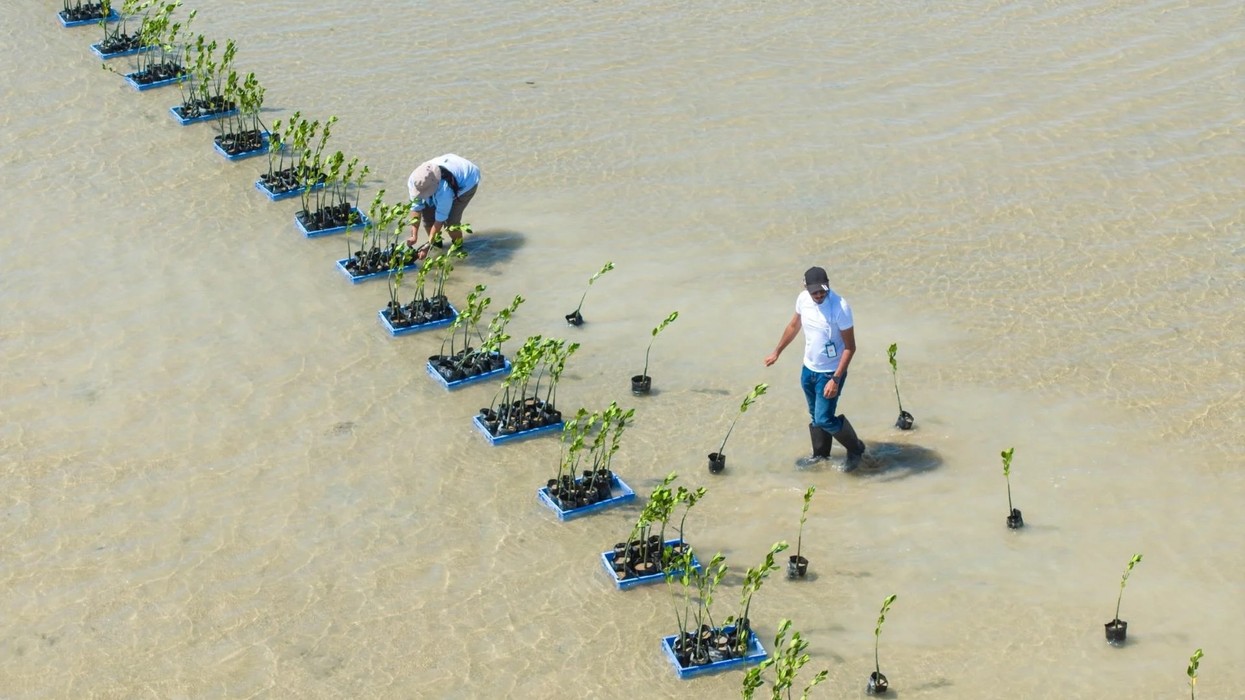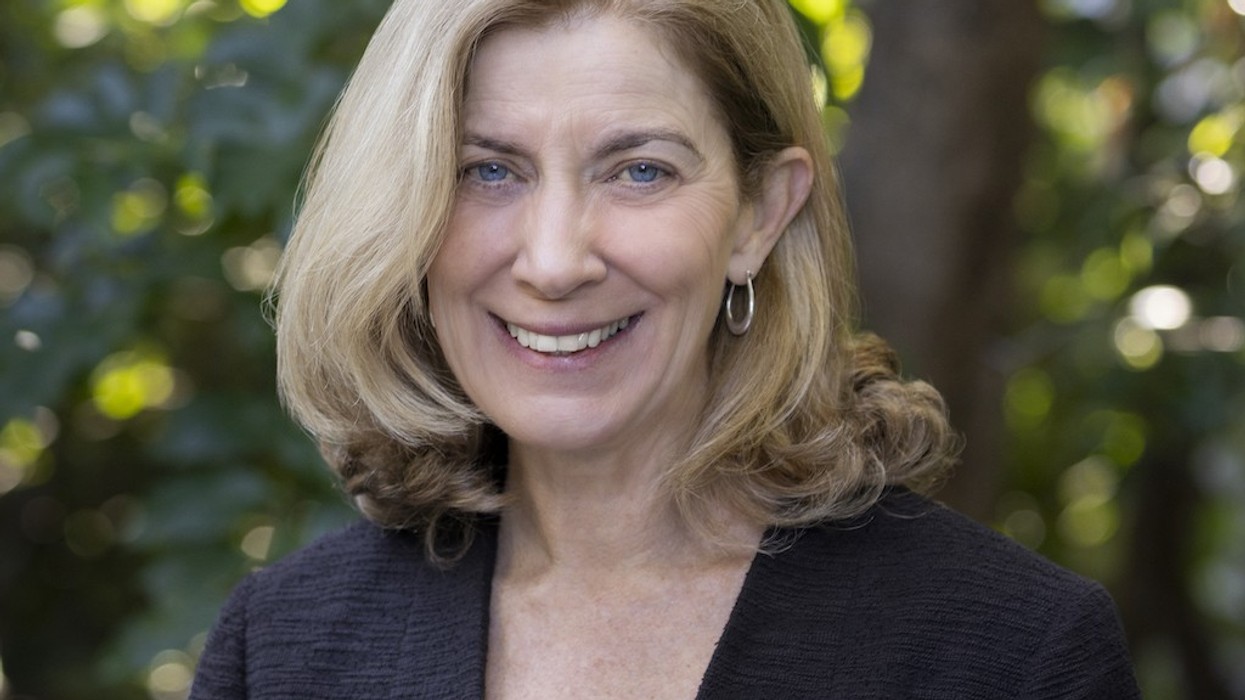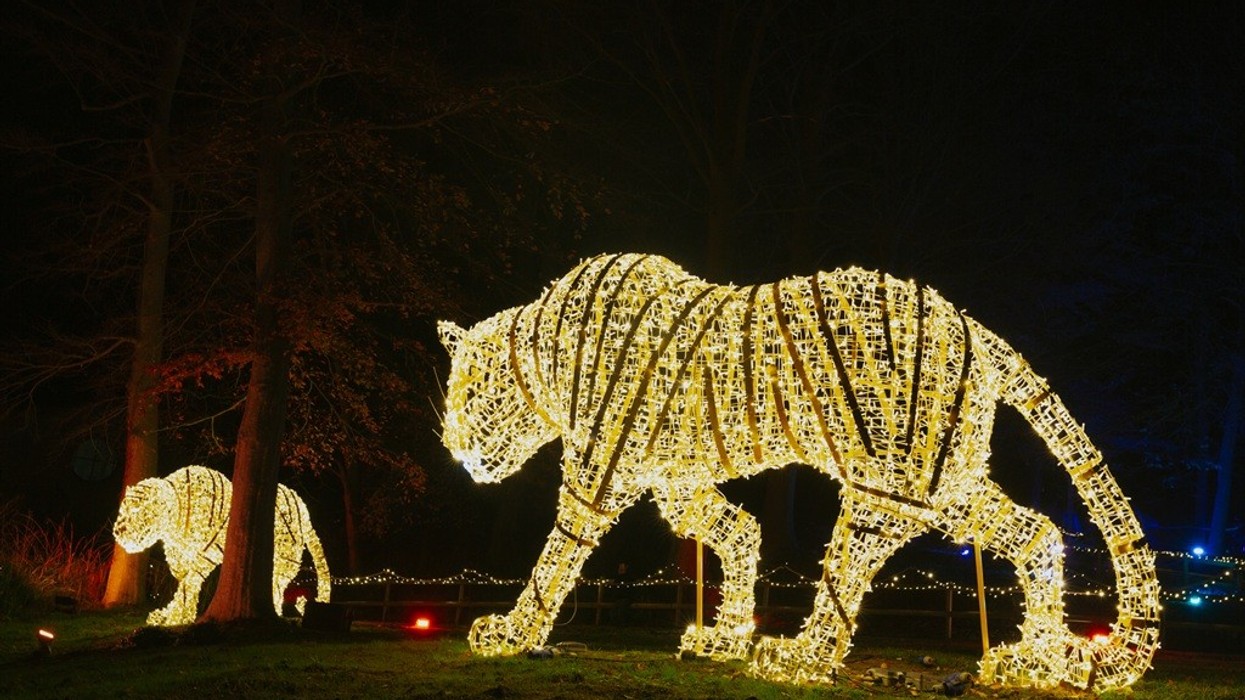SSA Group,a best-in-class provider of integrated guest services,is collaborating with Bring the Elephant Home (BTEH) alongside Cincinnati Zoo & Botanical Garden. Recently, regional sustainability coordinator Allie Keating took a trip to Ruam Thai Village in Thailand on behalf of the firm to strengthen relationships between the organisations and learn from the community-driven, coexistence-focused conservation efforts happening on the ground.
"Through moments in the field, watching elephants in their natural home, and connecting with the community, I gained a deeper appreciation for the community-based conservation work Bring Home the Elephant is doing," says Keating.
On arrival, Keating and her fellow travellers were introduced to the resilient farming community in Ruam Thai, which has been impacted by elephants trampling crops:
"We were welcomed with open arms, treated to traditional Thai dishes, marigold wreaths, music and dancing. Witnessing how BTEH has worked with the community to support its coexistence with Kui Buri's wild elephants shows the inspiring impact of a community-based approach to conservation.”
Living in harmony with elephants
Spending time with the Tom Yum Project farmers in Ruam Thai, a village just outside Kui Buri National Park where the elephants live, Keating had the opportunity to witness what it takes to live in harmony with these amazing animals. "Through the Tom Yum Project, supported by BTEH, farmers grow alternative crops that elephants tend to avoid, protecting both their livelihoods and the elephants. Their work isn’t just about growing crops—it’s about building a future where the community and elephants can thrive.
"The community and BTEH have gotten quite creative with financially and ecologically sustainable solutions to alleviate the conflicts of traditional farming practices in their region."
Rather than cultivating the pineapples that elephants enjoy and often end up trampling, they have developed a market for other native crops, aiming to broaden this market to engage more farmers in the Tom Yum Project.
Some community members have also started testing beehive fences designed to keep elephants away while potentially generating extra income from honey production. Since traditional fences are not very effective at stopping elephants, BTEH and some local residents have set up beehive barriers around crop fences as a trial, resembling the methods being researched in African elephants.
"The hope is that bees will act as a safe, effective deterrent for elephants and produce an additional income stream for farmers," says Keating.
"There is still a lot of research and collaboration to be done on all of these projects, but it was so exciting to see these ideas taking root and becoming invaluable allies in the conservation field.”
Conservation is about community
"Conservation is about community—it’s about making meaningful changes and evolving human practices like those I’ve seen here in Ruam Thai," adds Keating. "These moments remind me how vital our work is and how collaborative it has to be. Taking the time to deepen connections with our partners at the Zoo was so impactful. It reinforced what bonds and inspires us all: the shared commitment to conservation action."
"As I packed my bags, I couldn’t help but feel profound gratitude for this experience— seeing firsthand the strength and resilience of the people in Ruam Thai and their dedication to living peacefully alongside their elephant neighbors.
"We all share a collective responsibility to preserve the delicate balance between nature and human livelihoods, and it all starts with building relationships.”
SSA Group also recently announced a collaboration with Wild Republic, a worldwide leader in environmentally friendly, realistic plush toys and educational products, to launch The Zero Waste Box Program at six SSA partner locations across the US.
Charlotte Coates is blooloop's editor. She is from Brighton, UK and previously worked as a librarian. She has a strong interest in arts, culture and information and graduated from the University of Sussex with a degree in English Literature. Charlotte can usually be found either with her head in a book or planning her next travel adventure.
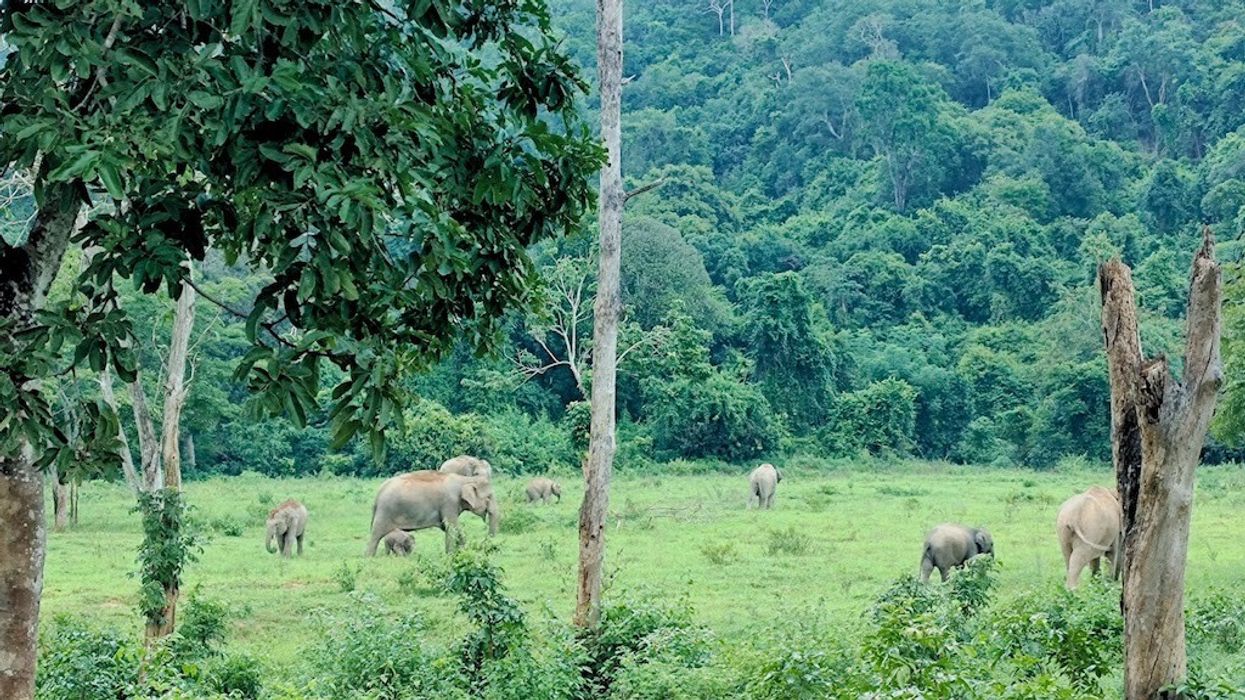

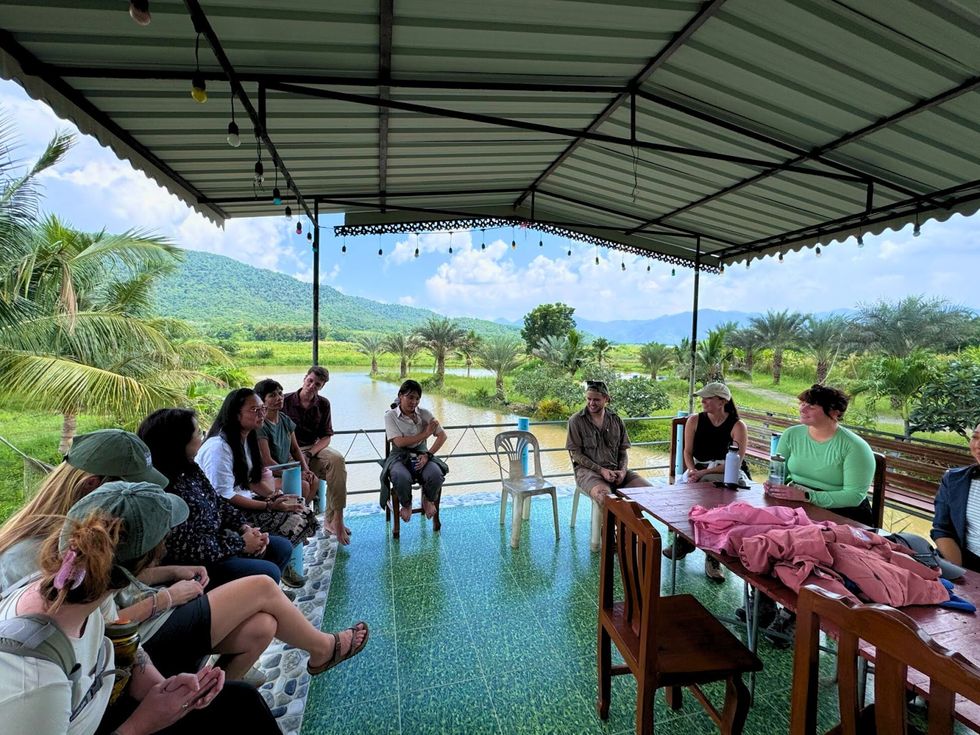
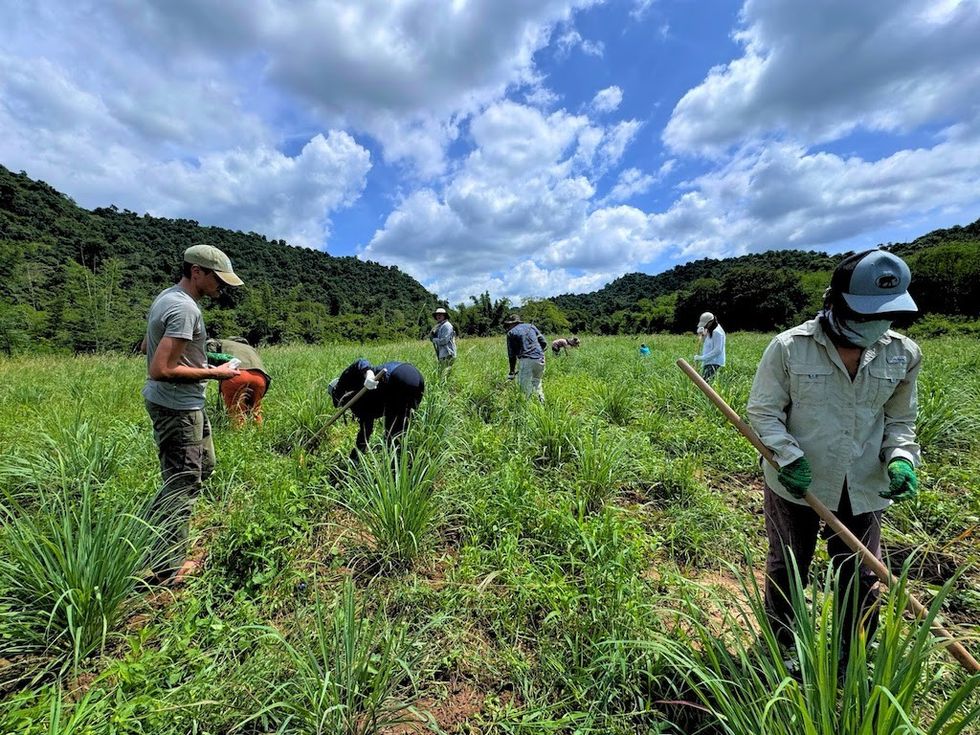
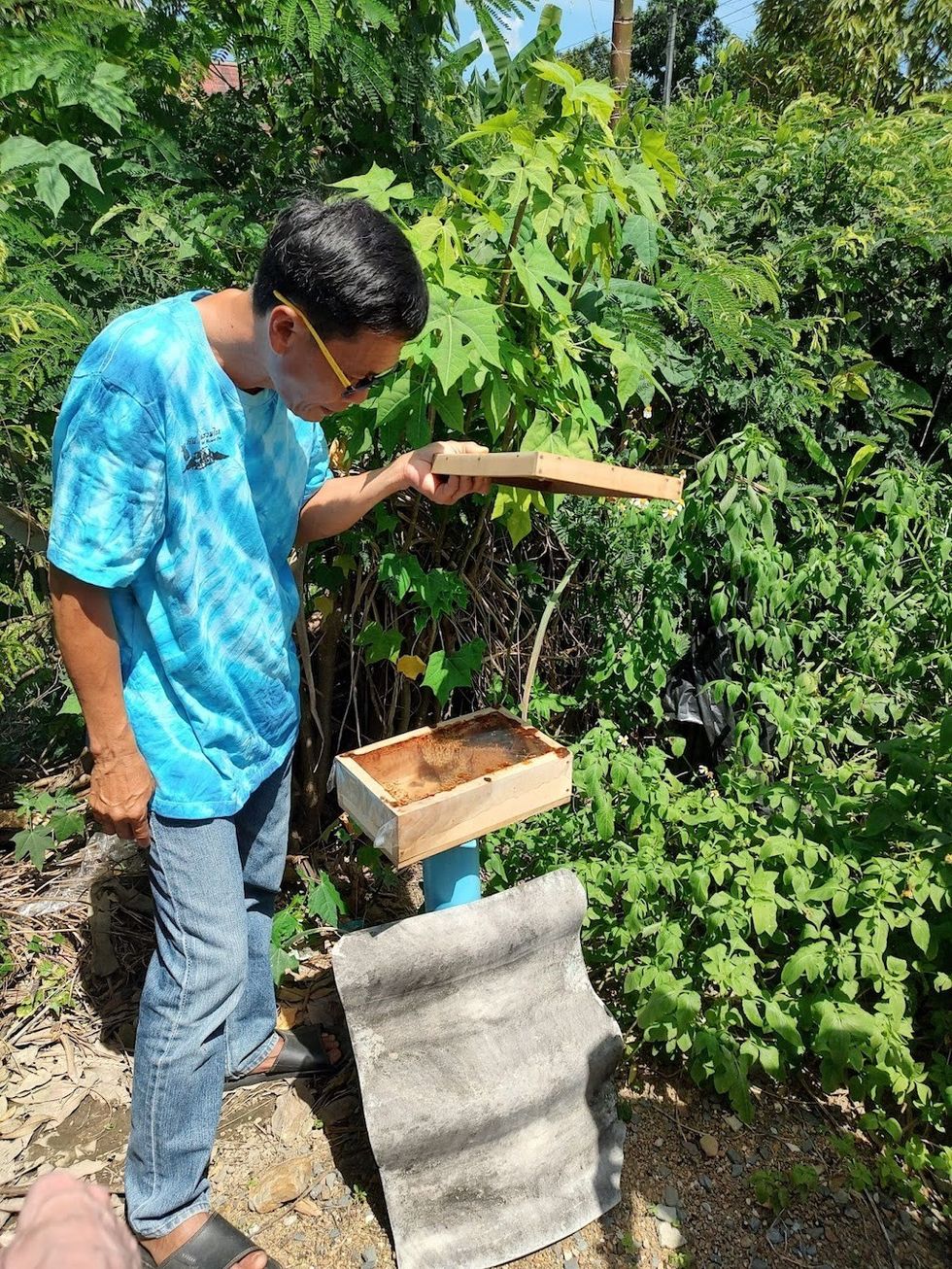


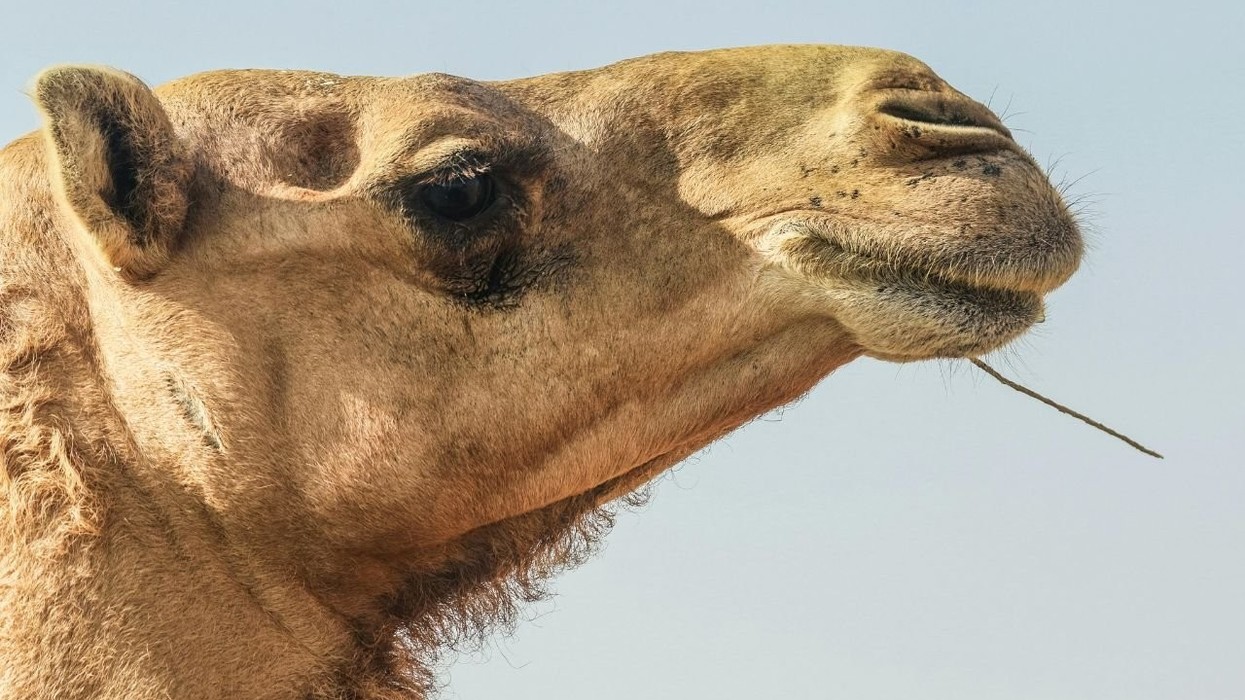
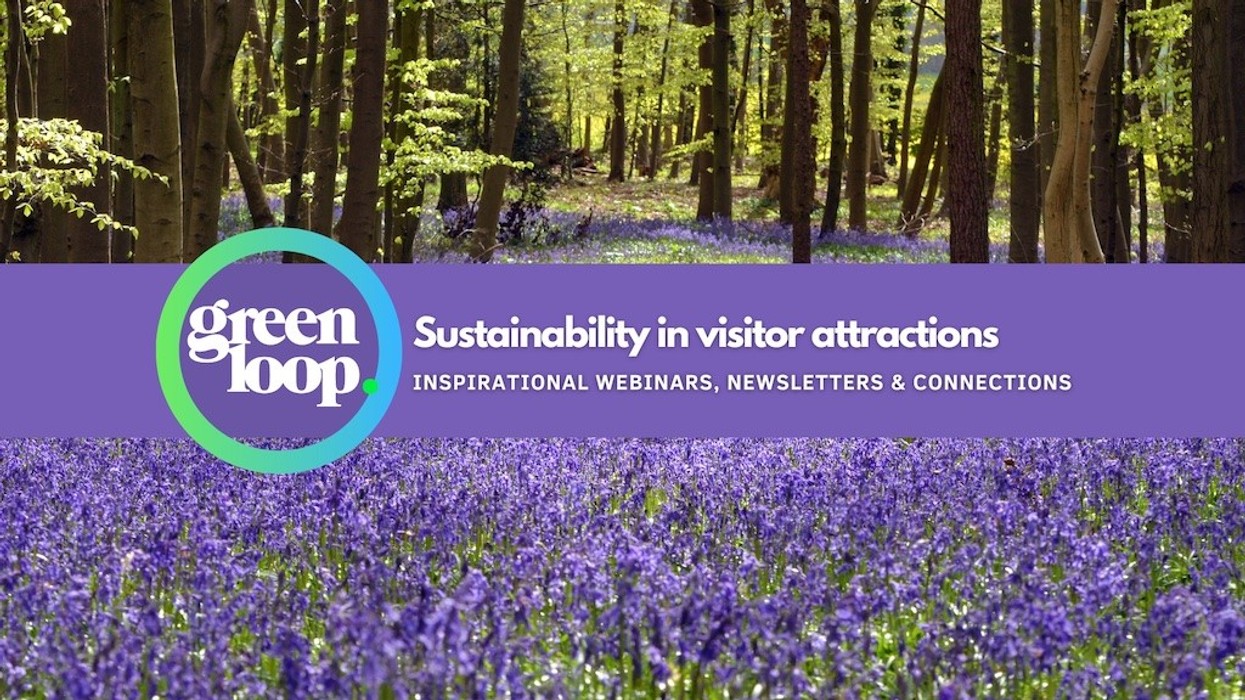
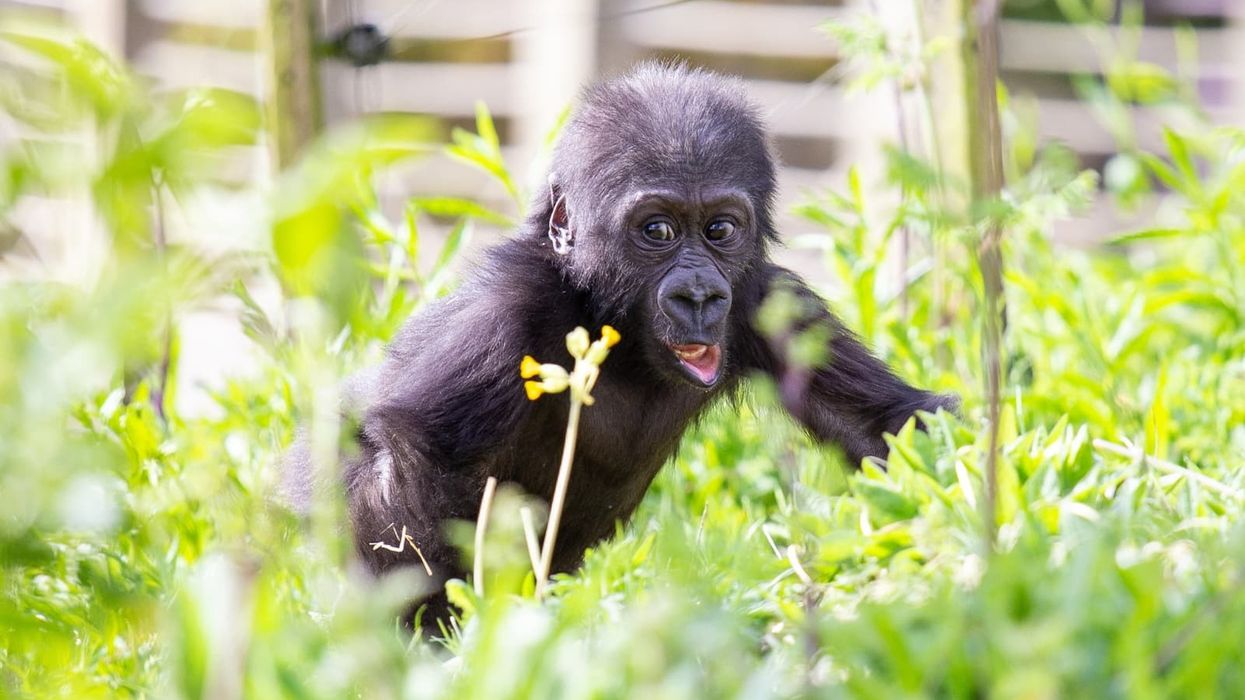
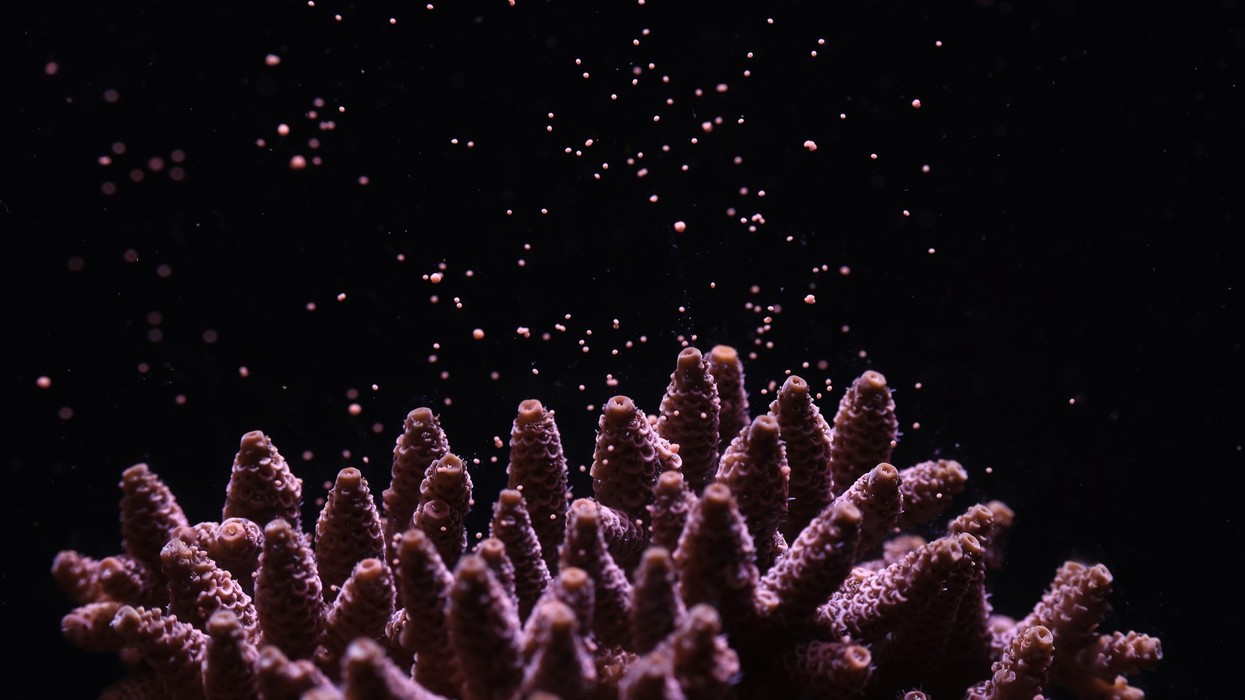
 Ikoz (Muhammad Rizky Madjid)/MARS Sustainable Solutions
Ikoz (Muhammad Rizky Madjid)/MARS Sustainable Solutions Ikoz (Muhammad Rizky Madjid)/MARS Sustainable Solutions
Ikoz (Muhammad Rizky Madjid)/MARS Sustainable Solutions Horniman Museum and Gardens
Horniman Museum and Gardens
